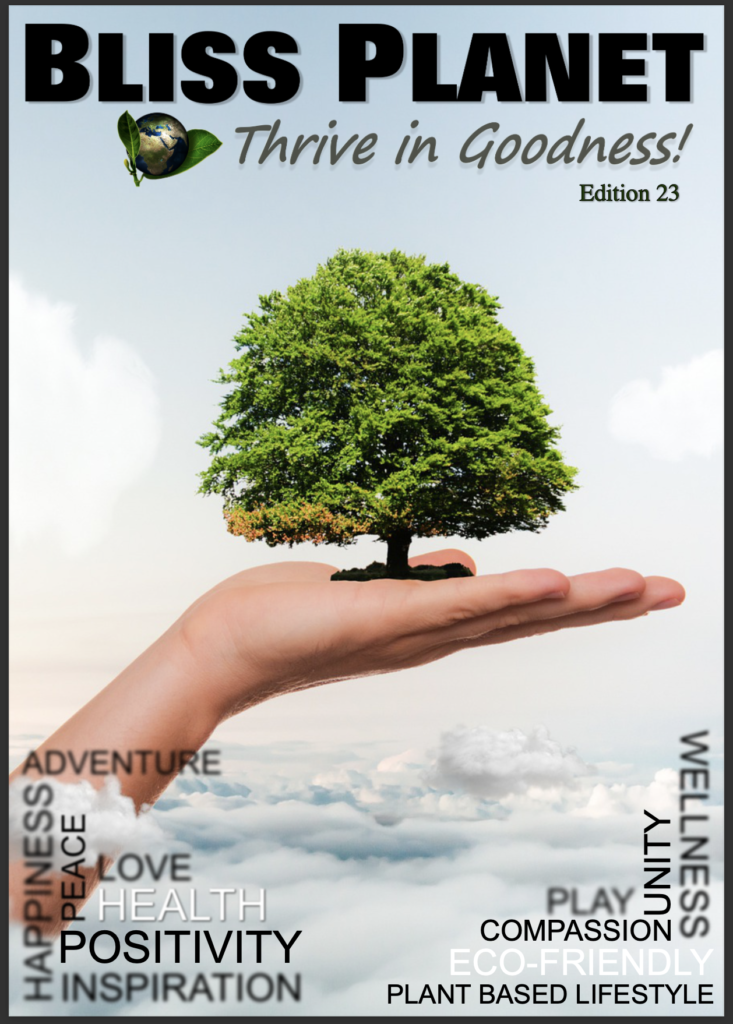Did you know that happiness is a complete state of mind, one that you and I set for ourselves on a certain level, and leave at the same setting for the rest of our lives? Yes, we can win the lottery, be chosen Mr./Miss America, win the CEO’s chair, luck out with the smartest, best-dressed, most successful parents (or offspring) imaginable but none of it will change our essential happy point.
If you start out as a modestly happy person, you’ll not rise much higher throughout your entire life. On the plus side, neither will you sink lower. But start out low and you’ll surely stay low too, whatever your external circumstances. Start out on the high side– bubbly, vivacious, the life of the party well, you’re doomed there too!
But hey, don?t take my word for it, just ask the good folks over at the University of Minnesota where happiness has been a serious subject of their research for many years. And all their experiments have drawn one predominant conclusion: Our lifelong levels of happiness are determined primarily by our genes.
Explains David Lykke, a top researcher and professor emeritus of psychology at UMinn, Each of us has our own happiness set point, which you cannot alter all that much. The best thing one can do, he suggests, is focus on little things that allow for occasional leaps above your happiness set point.
What little things does Professor Lykke mean? Well, you could recognize when you’ve had a good day, for example, or when you?ve achieved something great, or gotten lucky, or had a favor done you, or earned someone’s praise or encouragement. Through such precious, tiny moments nature rewards us, enabling us to survive, persist and move on to nest steps and new things. And the fact that they are fleeting is actually a good thing.
Consider if moments of ecstasy hung around us forever rather than gradually fading away. Investigators at UMinn, leaders in the growing happiness research field, label this a hedonic treadmill, or an endless hap state that would soon result in boredom, complacency, entitlement and expectation.
Nature uses pain and pleasure as sticks to guide us, Lykke says. Perhaps for that reason, no relationship seems to exist at all between salary and ultimate happiness, according to a 1997 study. Other studies affirm that personal beauty, graduation from college, significant advances in social status also offer only fleeting hap moments. None of these have been found to offer hap states that are long-term.
What can one do if stuck with low gear hap levels? What if your set points keep sliding you back to states of pessimism and malaise? The hap researchers would recommend that you keep reaching for those short-lived upticks and reminding yourself they will not, and cannot, last. Your pursuit of happiness must always be an up-and-down battle, so savor what you’ve got when you’ve got it, knowing that before too long you’ll be savoring again. The lapses in between keep the good times on a constant roll!





